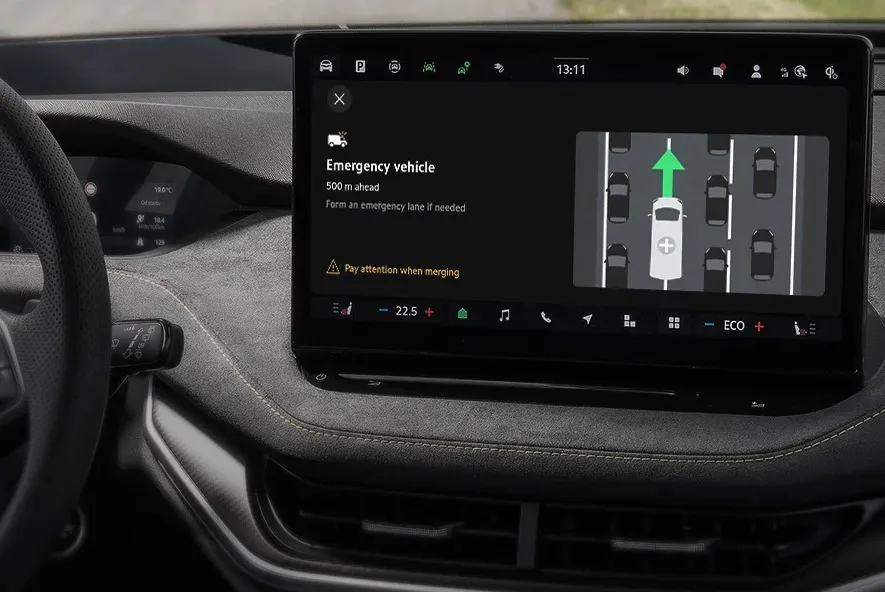Among new technologies being displayed by Bosch at the Word Congress is an eCall system that the company has offered for Mercedes-Benz vehicles since this summer. As well as the vehicle automatically transmitting accident-related data such as location and driving direction to Bosch Safety Centres, there is an added benefit for drivers who encounter an emergency outside their own countries.
October 24, 2012
Read time: 1 min

Among new technologies being displayed by 311 Bosch at the Word Congress is an eCall system that the company has offered for 1685 Mercedes-Benz vehicles since this summer.
As well as the vehicle automatically transmitting accident-related data such as location and driving direction to Bosch Safety Centres, there is an added benefit for drivers who encounter an emergency outside their own countries.
They will be connected to multi-lingual agents in the centres who can communicate with both the accident victims and the rescue services in their respective native languages.
This automatic emergency call service is already available in nine countries, with another 19 due to be added in 2013.
Among other new products, Bosch is showcasing new Connectivity & Control units that recognise a vehicle’s technical condition, as well as their usage profiles. They also continuously record the vehicle’s operating data.
As well as the vehicle automatically transmitting accident-related data such as location and driving direction to Bosch Safety Centres, there is an added benefit for drivers who encounter an emergency outside their own countries.
They will be connected to multi-lingual agents in the centres who can communicate with both the accident victims and the rescue services in their respective native languages.
This automatic emergency call service is already available in nine countries, with another 19 due to be added in 2013.
Among other new products, Bosch is showcasing new Connectivity & Control units that recognise a vehicle’s technical condition, as well as their usage profiles. They also continuously record the vehicle’s operating data.










